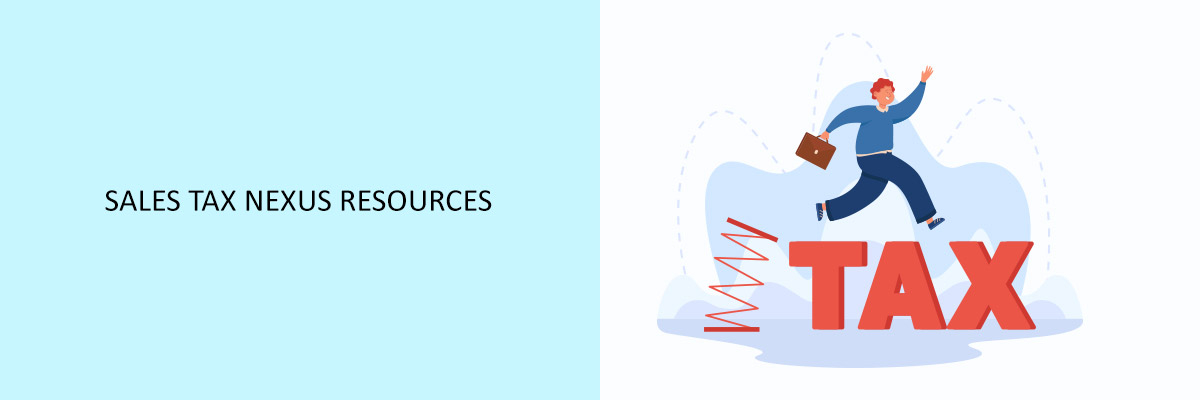Sales Tax Nexus is a measure of how much your business is connected to a taxing jurisdiction. In the modern economy, a nexus is created when a business sells something to a customer, who then lives in the taxing jurisdiction. The nexus is the amount of sales tax paid on the purchases. If you pay more sales tax than your competitors, it’s a good idea to look into increasing your nexus.
Sales tax nexus is the extent to which an out-of-state business is entitled to collect sales tax on the sales it makes in-state. Sales tax nexus is a concept that is applicable to retailers, wholesalers, and service providers. The sales tax nexus doctrine was created by the Supreme Court of the United States in 1992. The Court held that business activities that don’t purposefully involve a specific state but rather “touch and concern” a state are “in-state” for sales tax purposes.
The Activities That Trigger Nexus
Economic Nexus Laws By State
In the last few years, the US has seen a significant rise in the number of states enacting legislation requiring out-of-state retailers to collect sales tax on purchases made by residents of that state. The new laws have also been dubbed “economic nexus legislation” because the law forces out-of-state (i.e. no in-state physical presence) retailers to collect sales taxes on purchases that they make within their individual states.
Click-Through Nexus Laws By State
The various click-through nexus laws in the US are intended to prevent out-of-state retailers from undercutting in-state competitors. The laws are designed to prevent the “boomerang effect” and provide a level playing field for businesses operating in a state by:
- requiring remote sellers to collect state sales tax; and
- requiring remote sellers to remit that state sales tax to the state.
Nothing in these laws prevents sales tax from being collected or remitted by an out-of-state retailer to an in-state vendor, retailer, or consumer.
Affiliate Nexus Laws By State
If you’re an affiliate marketer, you probably have heard of affiliate nexus laws that are intended to protect the integrity of the affiliate marketing industry. These laws attempt to protect independent businesses from being unfairly harmed by their affiliate partners by requiring that a remote retailer have a substantial interest in, or is owned by, an in-state retailer and the retailer sells the same or a substantially similar line of products under the same or a similar business name, or the in-state facility/employee is used to advertise, promote, or facilitate sales to an in-state consumer.
Marketplace Nexus Laws By State
Marketplace Nexus legislation implies that if an online marketplace manages its business in a state and offers e-commerce infrastructure along with customer service, marketing, and payment processing services, the marketplace facilitator needs to register and collect tax as the retailer instead of the individual vendors. Additionally, this could impose reporting needs on the marketplace facilitator.
Notice And Reporting Requirements Nexus Laws By State
Tax laws vary from state to state, but in general, if you live in a state where you are required to pay use tax on online purchases, you are supposed to be notified and collect that tax and provide receipts to the state. Failure to notify and report correctly can incur penalties and possible felony charges.
Final Words
States have the power to impose nexus if a retailer’s activities trigger the state nexus statute’s requirements, including physical presence and economic nexus. States may classify these activities as either physical or economic nexus, or both. Understanding these distinctions and the tools that states use to drive nexus, helps companies with nexus understand which obligations they may have in certain states, and how to comply with those obligations.


